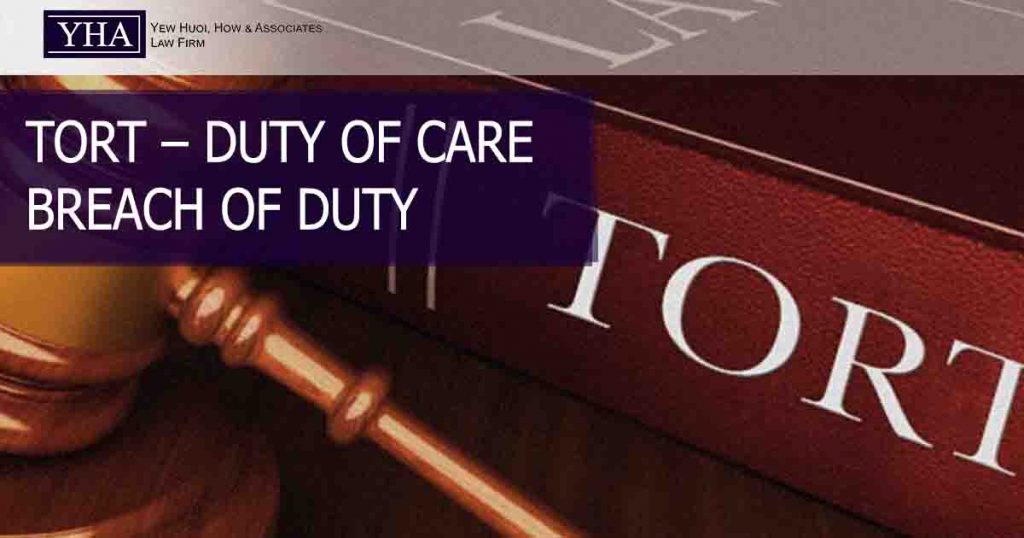On June 28, 2021, X was arrested by a group of police officers upon being suspected of being a drug dealer. On the same day, he was sent to lock up to be detained for 60 days under S.3(1) of the Dangerous Drugs Act 1985 (DDA). On July 3, 2021, X made a phone call to Y saying he didn’t feel well, and on July 5, 2021, X collapsed in the cell. X died before he reached the hospital.
Q: Did the police officer breach the duty of care?
A: Yes, X’s safety was in the hands of the police, and he would not be able to seek medical attention because he is not a free man. As a result, the police had a legal and statutory need to take reasonable precautions to ensure X’s safety while in custody.
Q: Can Y claim damages for pain and suffering?
A: Yes, it was plausible that the deceased (X) would have experienced pain and suffering in the days leading up to his death.
Q; Will Y be able to bring a claim against the police officer if the time limit has past 36 months?
A: No, under S.2 of the Public Authorities Protection Act 1948, it held that the suit, action, prosecution or proceeding shall not lie or be instituted unless it is commenced within 36 months.
Q: Can Y be awarded aggravated damages?
A: Yes, Y will be allowed to claim aggravated damages since, in a legal context, aggravated damages relate to unique and highly unusual compensation paid to a plaintiff when a defendant’s action causes the plaintiff to be humiliated and maliciously treated.
Q: Is Y barred from claiming exemplary damages?
A: It depends. Under S.8(2)(a) of the Civil Law Act 1956, it is held that it shall not include any exemplary damages, any bereavement made under subsection 7(3a), any damages for loss of expectations of life or loss of earnings in respect of any period after that person’s death. In Ketua Polis Negara & Ors v Nurasmira Maulat bt Jaafar & Ors, the Federal Court found that S.8(2) applies if the deceased’s constitutional right to life has been violated.

